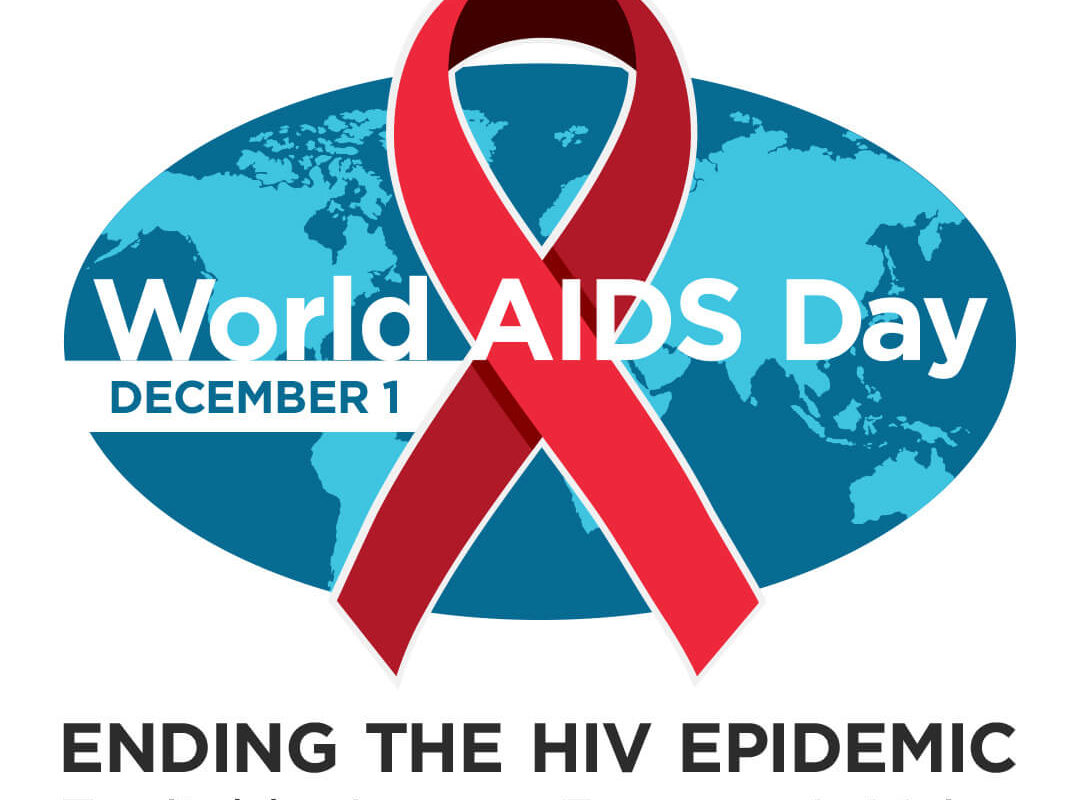What is AIDS (acquired immunodeficiency syndrome)?
AIDS is the last stage of HIV (human immunodeficiency virus) infection that occurs when the body’s immune system is badly damaged because of the virus.
In the United States, most people with HIV don’t develop AIDS because taking medication every day as prescribed stops the progression of the disease.
A person with HIV is considered to have AIDS when:
- The number of their CD4 cells fall below 200 cells per cubic millimeter of blood (200/mm3). A healthy immune system has between 500-1600 cells/mm3. OR
- They develop 1 or more opportunistic infections regardless of their CD4 count.
Without medication, people with AIDS typically survive about 3 years.
How Do I Know if I have HIV?
The only way you can know for sure is if you get tested. You can NOT rely on the symptoms alone to determine if you have HIV. Knowing your HIV status gives you information so you can take steps to keep you and your partner(s) safe:
- If you test positive, you can take medication to treat HIV. By taking your medication daily as prescribed, you can make the amount of HIV (viral load) very low- so low that a test cannot detect it (an undetectable viral load). Maintaining an undetectable viral load is the best thing you can do to stay healthy. If the viral load stays undetectable, you’ll have effectively no risk of transmitting the virus to your partner during sex.
- If you test negative, MAKE SURE YOU KEEP IT THAT WAY!!
- If you are pregnant, you should be tested immediately so you can begin treatment ASAP. If an HIV-positive female is treated for HIV early in the pregnancy, the risk of transmitting it to the baby can be very low.
HIV Symptoms:
Within 2-4 weeks of having HIV, most people will experience flu-like symptoms, including:
- Fever
- Chills
- Rash
- Night Sweats
- Muscle Aches
- Sore Throat
- Fatigue
- Swollen Lymph Nodes
- Mouth Ulcers
AIDS Symptoms:
- Rapid weight loss
- Recurring fever or profuse night sweats
- Extreme and unexplained tiredness
- Prolonged swelling of the lymph glands in the armpits, groin, or neck
- Diarrhea that lasts for more than a week
- Sores of the mouth, anus, or genitals
- Pneumonia
- Red, brown, pink, or purplish blotches on or under the skin or inside the mouth, nose, or eyelids
- Memory loss, depression, and other neurological disorders
How Do I Get HIV?
You can only get HIV by coming into direct contact with certain body fluids from a person with HIV who has a detectable viral load. These fluids are:
- Blood
- Semen and pre-seminal fluid
- Rectal fluids
- Vaginal fluids
- Breast milk
There are specific activities that HIV can be spread. In the United States, the most common ways are:
- Having vaginal or anal sex with someone who has HIV without using a condom or taking medication. Anal is riskier than vaginal.
- Sharing injection equipment (needles) with someone who has HIV.
Less common ways:
- From mother to child during pregnancy, birth, or breastfeeding.
- Getting stuck with an HIV-contaminated needle. This risk is mainly for healthcare workers.
Rare ways:
- Having oral sex.
- Receiving blood transfusions, blood products, or organ/tissue transplants that are contaminated with HIV.
- Being bitten by a person with HIV.
- Contact between broken skin, wounds, or mucous membranes and HIV-infected blood or blood-contaminated body fluids.
- Deep, open-mouth kissing if both partners have sores or bleeding gums and blood from the HIV-positive partner gets into the bloodstream of the HIV-negative partner.
- Eating food that has been pre-chewed by a person with HIV. The only known cases are among infants.
For more information on HIV and AIDS, visit www.hiv.gov.


 by
by 
